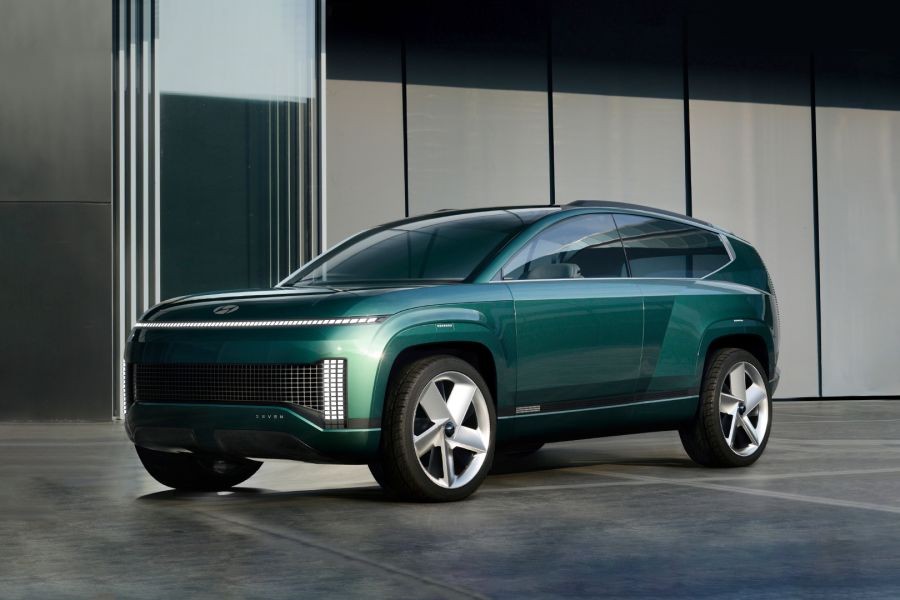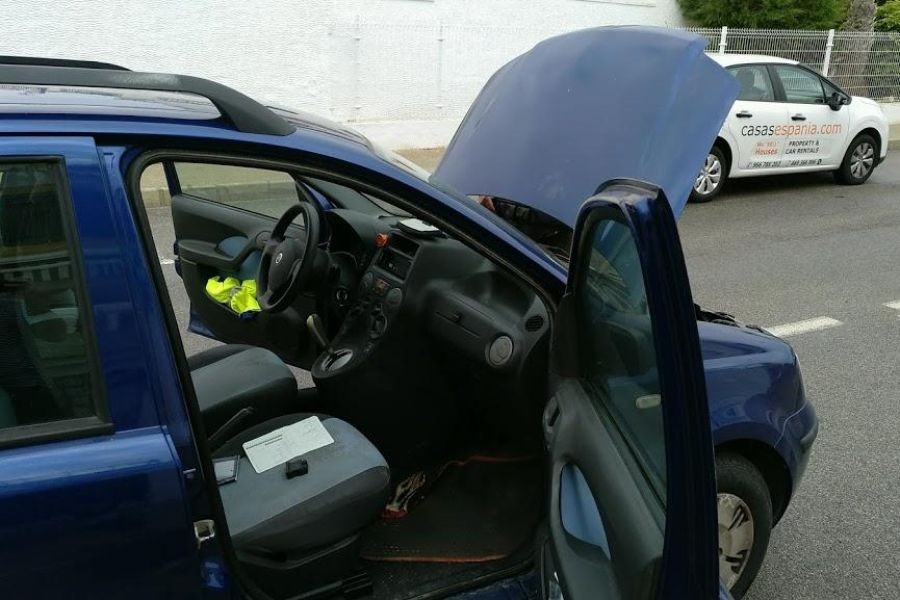Is the focus on electric cars in New Zealand just a trend, or is it a significant shift in the country's automotive landscape? Picture this: New Zealand, a nation renowned for its pristine landscapes and commitment to sustainability, has recently seen electric vehicles (EVs) surge in popularity. This rise isn't just a passing fancy; it's a reflection of broader global trends and local commitments to reducing carbon emissions. In this article, we'll delve deeper into the factors driving New Zealand's EV market, examine the economic implications, and explore whether this trend is here to stay.
The Current State of Electric Vehicles in New Zealand
New Zealand is witnessing a transformative shift in its automotive industry. According to the Ministry of Business, Innovation and Employment (MBIE), the number of registered electric vehicles in New Zealand surpassed 30,000 in 2022, a significant increase from just a few thousand in 2016. This growth can be attributed to government initiatives, such as the Clean Car Discount scheme, which provides financial incentives for purchasing low-emission vehicles.
Moreover, Stats NZ highlights that electric vehicles accounted for 10% of all new car registrations in 2023. This statistic not only underscores the increasing adoption of EVs but also reflects a broader global shift towards sustainable transportation solutions.
Government Policies Driving EV Adoption
Government policies play a critical role in shaping the EV landscape in New Zealand. The Zero Carbon Act, enacted in 2019, sets a target for New Zealand to become carbon neutral by 2050. To achieve this, the government has implemented a series of measures aimed at reducing emissions, including promoting the use of electric vehicles.
The Clean Car Standard, introduced in 2022, imposes penalties on high-emission vehicles while rewarding low-emission alternatives. This policy has encouraged automakers to bring more EV models to the New Zealand market, giving consumers a wider range of choices.
Case Study: Tesla's Impact on New Zealand's EV Market
Problem:
Before Tesla's entry into the New Zealand market, electric vehicles were often seen as niche and expensive, limiting their adoption. The market lacked affordable and high-performance EV options, which deterred many consumers from making the switch.
Action:
Tesla entered the New Zealand market in 2017, introducing its Model 3 as a more affordable, high-performance option. The company leveraged its global reputation and innovative technology to attract Kiwi consumers who were environmentally conscious yet budget-conscious.
Result:
- Market Share Increase: Tesla's market share in the New Zealand EV sector grew to 25% by 2023.
- Consumer Adoption: The introduction of the Model 3 led to a 40% increase in EV registrations in New Zealand within two years.
- Environmental Impact: The shift to Tesla's EVs contributed to a reduction of approximately 100,000 tonnes of CO2 emissions annually.
Takeaway:
This case study highlights the significant impact a single brand can have on an emerging market. For New Zealand, Tesla's entry catalyzed the growth of the EV sector, demonstrating the importance of offering affordable, high-performance options to drive adoption.
Debunking Common Myths About EVs in New Zealand
- Myth: Electric vehicles are too expensive for the average Kiwi.
- Reality: With the Clean Car Discount and declining battery costs, EVs are becoming more affordable, with some models priced competitively against traditional vehicles.
- Myth: New Zealand's infrastructure is not ready for electric vehicles.
- Reality: The number of public charging stations has increased by 50% in the last two years, with the government investing heavily in expanding the network.
- Myth: EVs have limited range and are not suitable for long journeys.
- Reality: Recent models offer ranges exceeding 400 kilometers, sufficient for most journeys in New Zealand.
Which of these myths did you believe before reading this? Drop your thoughts below!
Future Trends: The Road Ahead for EVs in New Zealand
Looking ahead, the future of electric vehicles in New Zealand appears promising. A report by Deloitte predicts that by 2030, 50% of all vehicles sold in New Zealand could be electric. This projection aligns with the government's goal of having 64,000 EVs on the road by 2025.
Technological advancements, such as improved battery efficiency and autonomous driving capabilities, are expected to further accelerate EV adoption. Additionally, the increasing consumer preference for sustainable products will likely drive further investment in EV infrastructure and innovation.
Conclusion
In conclusion, the focus on electric cars in New Zealand is far more than just a trend; it is a strategic shift towards a sustainable future. With supportive government policies, increasing consumer demand, and technological advancements, the country's EV market is poised for substantial growth. For businesses and consumers alike, embracing this transition offers both environmental benefits and economic opportunities.
Ready to join the EV revolution? Consider exploring the latest EV models and government incentives today. If you found this article insightful, share it with your network or comment with your thoughts!
People Also Ask (FAQ)
How does the focus on electric cars impact New Zealand's economy?
Electric vehicles contribute to cleaner air and reduce reliance on imported fossil fuels, strengthening New Zealand's energy independence and environmental commitments.
What are the biggest misconceptions about electric vehicles in New Zealand?
One common myth is that EVs are too expensive. However, government incentives and declining costs are making them more accessible, as shown by recent data from Stats NZ.
What are the best strategies for adopting electric vehicles in New Zealand?
Experts recommend leveraging government incentives, investing in home charging solutions, and staying informed about technological advancements to maximize benefits.
Related Search Queries
- Electric cars in New Zealand 2023
- New Zealand electric vehicle incentives
- Future of electric vehicles in NZ
- EV charging stations in New Zealand
- Impact of electric cars on NZ economy































